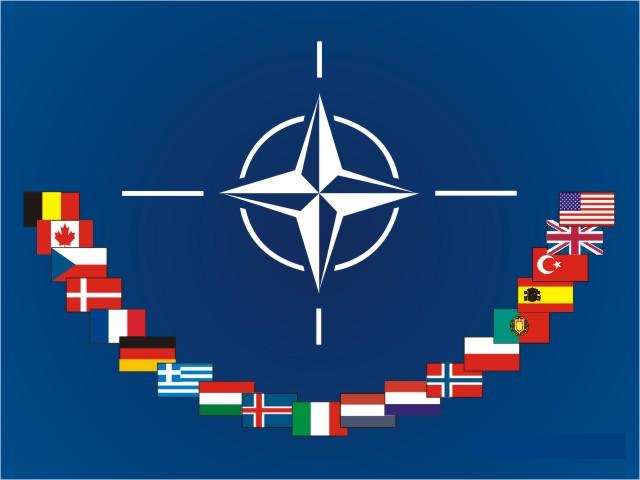
Richard Haass in the FT.
Gist found in conclusion:
US-European ties and Nato were destined to become weaker given the end of the cold war. Alliances tend to be created and to thrive in eras of predictability and consensus over threats and obligations. The post-cold war, post-9/11 world is much more fluid than this.
The combination of structural economic flaws, political parochialism and military limits will accelerate this transatlantic drift. A weaker Europe will possess a smaller voice and role. Nato will no longer be the default partner for American foreign policy. Instead, the US will forge coalitions of the willing to deal with specific challenges. These clusters will sometimes include European countries, but rarely, if ever, will the US look to either Nato or the EU as a whole. Even before it began, Europe's moment as a major world power in the 21st century looks to be over.
Wrote the same thing myself in WAPO--in April 2004 ("Forget About Europe. What about these allies?"), in which I posited that future allies were more likely to be located in the rising powers of the age instead of the declining ones.
Haass doesn't go that far, thus the lamenting tone of the piece.
I see no such reason for despair. As interests align, so will behavior, but this is a process of many years, and most influentials on our side have already given up on many of these states (e.g., the BRICs, Turkey, Brazil, etc) because, in their impatience, they just don't see it happening (e.g., "We've been nice to China for almost 40 years and they're still Chinese!"). This process doesn't move on our timetable. It has to do with THEIR perceptions of having made it, not our fears of their coming up fast.
Look at America 40 years into its tremendous rise: right after WWI we basically turned away from the world and basically putting off our global leadership role for another two decades--and we didn't have, for example, the legacy of a huge, impoverished rural population to manage, like China or India or even Brazil has.
So we get impatient and despair. We see old friends falling away and don't spot any potentiality in rising competitors. We forget ourselves.